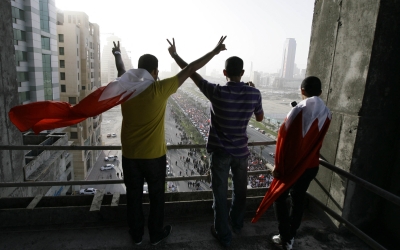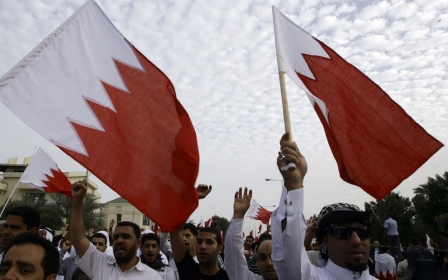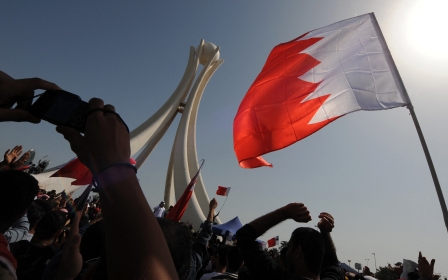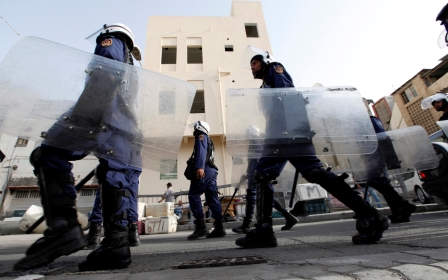UN expert calls on Bahrain to release human rights defender before 60th birthday
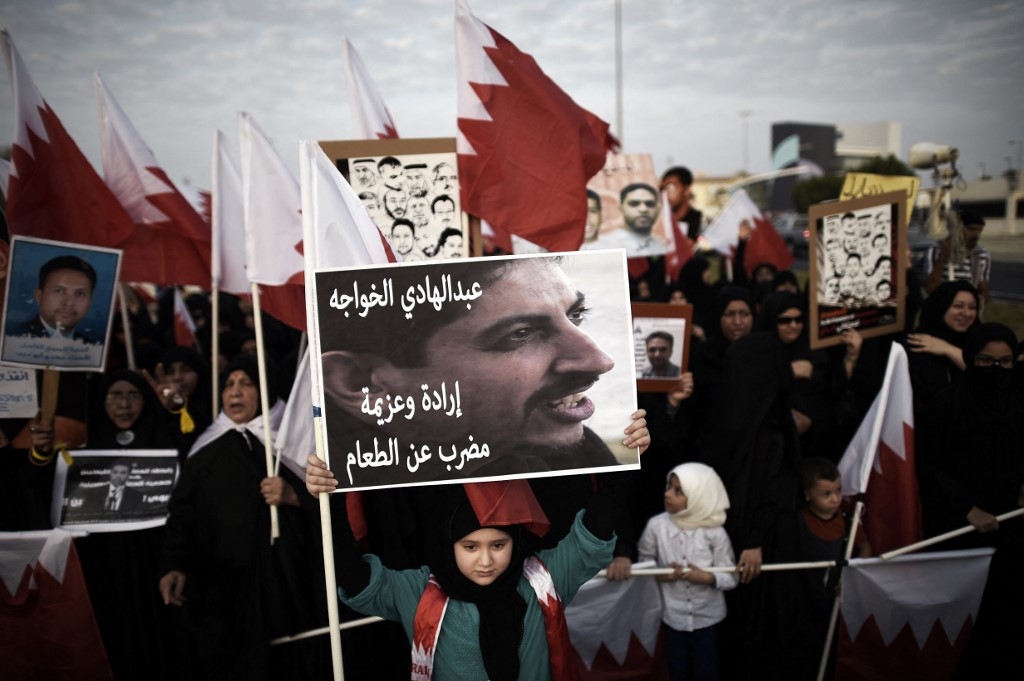
A United Nations expert has called on Bahrain to release a prominent human rights defender from prison before his 60th birthday next week.
Mary Lawlor, UN special rapporteur on the situation of human rights defenders, made the case for the release of Abdulhadi al-Khawaja in a video message posted to Twitter on Friday.
Khawaja, who previously served as president of the Bahrain Centre for Human Rights, has been in prison for 10 years, serving a life sentence for "organising and managing a terrorist organisation," among other charges.
"He's serving a life sentence in prison for peacefully defending the rights of others," Lawlor said.
"He's been given an unfair trial and details of his torture have been corroborated by an independent commission of inquiry."
Lawlor said she had known Khawaja "for many years" and "witnessed his committed work for human rights in the Middle East".
The UN expert also noted that Khawaja's case had been taken up by the European Union, the United Nations and other international organisations.
"I urge the Bahraini government to finally release Abdulhadi in time for his 60th birthday on the 5th of April. His family have been fragmented and dislocated and have suffered greatly over the past ten years; it would be an honourable and compassionate act to allow them to reunite," Lawlor concluded.
'Absolute control'
Khawaja's was one of the first high-profile arrests following the beginning of pro-democracy protests in 2011 that sparked a widespread government crackdown in Bahrain.
Tens of thousands of people poured out onto the country's streets at the time, calling for democratic reforms, an end to discrimination against the majority Shia Muslim population and, eventually, the end of the 245-year rule of the Khalifa monarchy.
Earlier this year, Khawaja's daughter, Maryam, told Middle East Eye that his family's access to him had been sporadic.
"You can never expect what's going to happen; you might have a call this week but then next week there isn't a call. So nothing is ever set in stone," she said during an interview in February.
Maryam has herself become one of the most prominent voices internationally for the Bahraini democracy movement. It's a profile that has forced her to live in exile due to a sentence she received in absentia for allegedly assaulting a police officer.
"What we see today is what you could call a stalemate, but it goes beyond that because it's a situation that cannot continue the way that is it. There is absolute control over everything with regards to public space, access to freedoms and so on," she said at the time.
A report compiled in February by the London-based campaign group Bahrain Institute for Rights and Democracy for the 10th anniversary of the uprising said that, since 2011, at least 51 people had been sentenced to death in Bahrain.
According to the report, mass trials have become "commonplace" in the country, with 167 people sentenced in a single day in February 2019. Hundreds of activists have seen their citizenship stripped by the kingdom, with an estimated 300 currently denaturalised.
Middle East Eye propose une couverture et une analyse indépendantes et incomparables du Moyen-Orient, de l’Afrique du Nord et d’autres régions du monde. Pour en savoir plus sur la reprise de ce contenu et les frais qui s’appliquent, veuillez remplir ce formulaire [en anglais]. Pour en savoir plus sur MEE, cliquez ici [en anglais].


